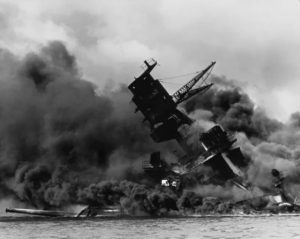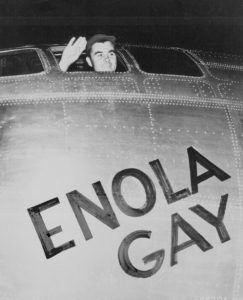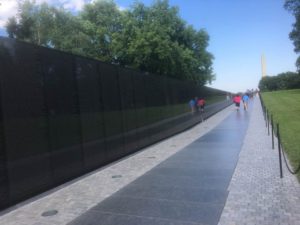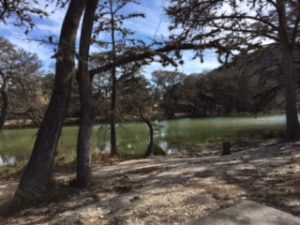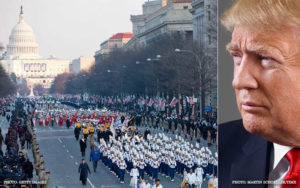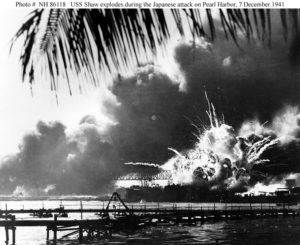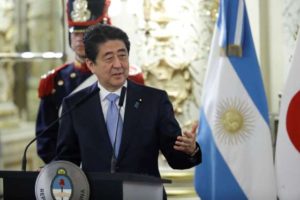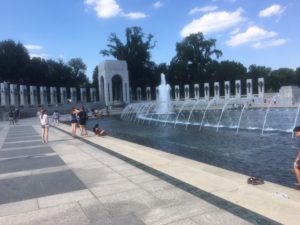
WASHINGTON — The atmosphere in the nation’s capital has become overheated, overblown and overstated. It’s not a happy place if you are a politician who wants to do the right thing, but you get caught up in the daily — if not hourly — struggles between the two major political parties.
They all ought to come to this place perhaps once a week. They should cast their eyes on the World War II Memorial, which reminds us of just how titanic our struggles can get.
I came here with my wife, our niece and her husband. It was hot that day. During our entire walk along The Mall, I managed to put contemporary politics aside. I thought instead of my favorite veteran. I’ve written before about my father, the late Pete Kanelis. He served during this struggle, the one that enveloped the globe from 1939 until 1945.
The picture above honors those who served in the European Theater of World War II, as Dad did. He saw combat as a sailor in the Med.
Yes, I have heard about critics of this particular memorial, one of the newer exhibits along The Mall. It’s too gaudy, too grand, too big, they say. It really isn’t, at least in my view. It honors a massive military engagement. By the end of the global war, more than 16 million Americans suited up to enter the fight; whether it was at home or abroad, they answered the call and performed magnificently.
They were, as the author/journalist Tom Brokaw has written, The Greatest Generation.
At the other end of the WWII Memorial pool is a section devoted to the Pacific Theater of Operations.
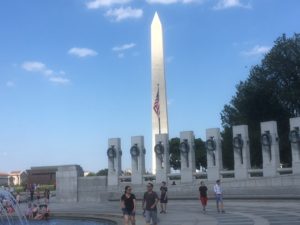
There, too, Americans and their allies fought across the vast ocean to take back land conquered by Japan. They endured sacrifice most of only can imagine. My favorite veteran happened to be in The Philippines when President Truman ordered the dropping of the atomic bombs in August 1945. The enemy surrendered. Thus, I remain convinced that the president likely saved Dad’s life. I am eternally grateful for the president.
We walked along the Vietnam Veterans Memorial, the Korean War Memorial, the Martin Luther King Jr. Memorial, the Franklin Delano Roosevelt Memorial, the Washington Monument and the Lincoln Memorial. They all reminded us of the nation’s greatness and they allowed me to set aside the ongoing anger and anxiety I am feeling about the present day.
Later in the day, we saw Marine One fly overhead on its way back to the White House, carrying the president of the United States back from wherever he had spent the weekend.
I had been filled with awe at what we had seen. In that context, seeing the presidential aircraft made me appreciate the struggles that accompanied the building and the development of the world’s greatest nation.
Dad would have been proud, too.
